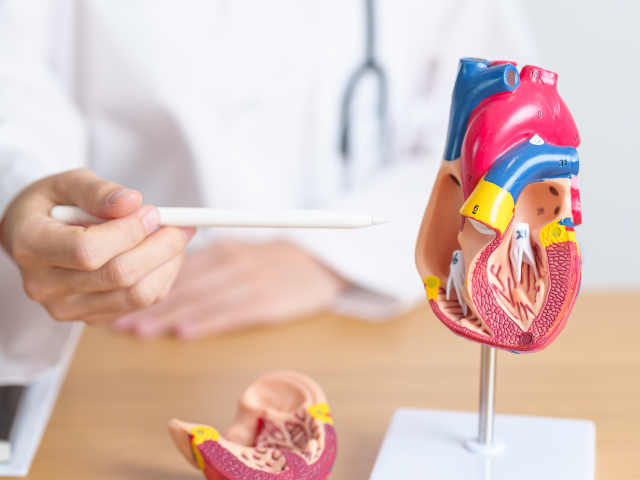Characteristics of Broken Heart Syndrome
I had a condition called Takotsubo Syndrome, or as it is better known, Broken Heart Syndrome. It’s a form of stress cardiomyopathy that occurs when the heart muscle becomes stunned or weakened. You might feel as if you’re having a heart attack with chest pain and shortness of breath.
In Takotsubo, the heart arteries are not blocked. However, blood flow in the heart arteries might be reduced. It is an acute reversible form of left ventricular dysfunction precipitated by an emotional or physical stress event. As the cardiologist explained to me, it can be brought on by the death of a loved one, a severe accident, an unexpected loss, or the physical exertion of a sudden debilitating illness.
Signs and Symptoms
The signs and symptoms of this syndrome include sudden, severe onset of chest pain and shortness of breath, diaphoresis, irregular heartbeats, hypotension, heart palpitations, and feeling faint. It’s temporary, and develops in response to an intense emotional or physical experience, which is why it’s also called Broken Heart Syndrome or stress cardiomyopathy. Everyone kept asking me if there was a recent death in my family!
The heart’s main pumping chamber changes shape, affecting its ability to pump blood effectively. The heart looks like an octopus, with tentacles hanging down. The term Takotsubo is a Japanese term for an octopus trap. The shape seems, eerily, like the systolic ballooning of the left ventricle. It can occur at any age in males and females, mostly in older females. The cardiologist showed me a slide of what a Takotsubo heart looked like, and yes, it looked like an octopus or a jellyfish moving around.









